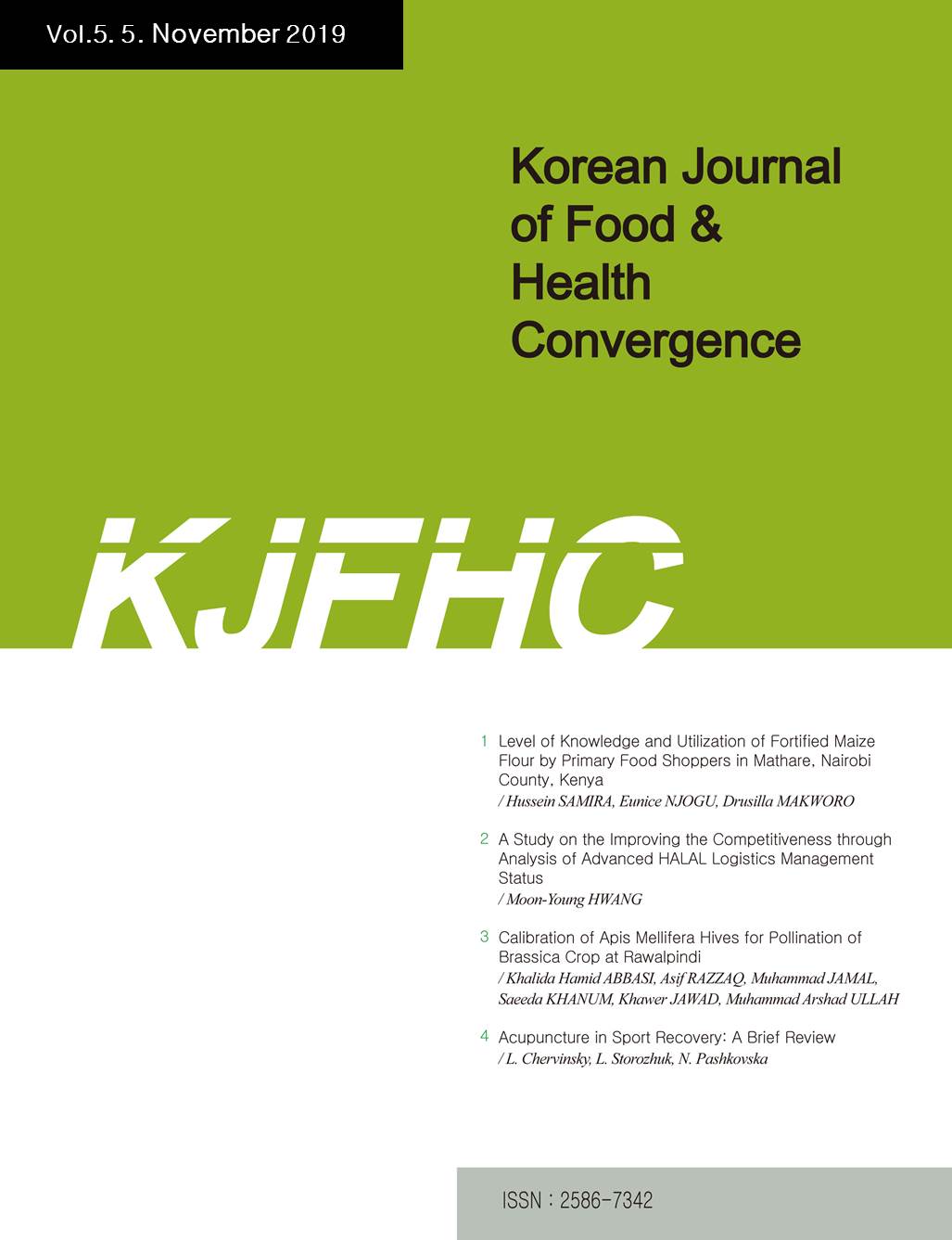- 권한신청
- E-ISSN2586-7342
- KCI
RNases and their role in Cancer
Abstract
RNases plays a pivotal role in biological system and different RNases are known for their various functions like angiogenesis, immunological response, antiviral, antitumour activity and apoptosis. In which anti tumour activity of RNase is proved to improve genome stability in normal cells up to some extent. RNases like RNase L shows antiviral and antitumour activities against virus infected cells and cancer cells through 2'-5' oligo adenylate pathway and induces RNaseL dependent apoptosis where as RNase A modulates various proliferative pathways like MAP kinase, JNK, TGF-<TEX>${\beta}$</TEX> and activates apoptosis in cancer cells and promotes immunological response through processing of Ags. IRE1 RNase acts as both tumour suppressor gene and oncogene in normal and cancer cells and involved in both antitumour and tumorigenic activities. RNase III upregulates miRNA in cancer cells there by acting via posttranscriptional level and proven to be effective against colorectal adeno carcinoma. In addition to this IRE1 RNase is a double edged sword through RIDD pathway in ER (18). To some of the cancers expressing c-myc IRE1 acts as tumour suppressor where as in cancers where myc is downregulated IRE1 acts as tumour provoking through RIDD pathway (18). Thus RNases play vital role in regulating the genome stability.
- keywords
- IRE1, RNaseL, RNase MRP, 2', 5'- A, IFN
- 다운로드 수
- 조회수
- 0KCI 피인용수
- 0WOS 피인용수

